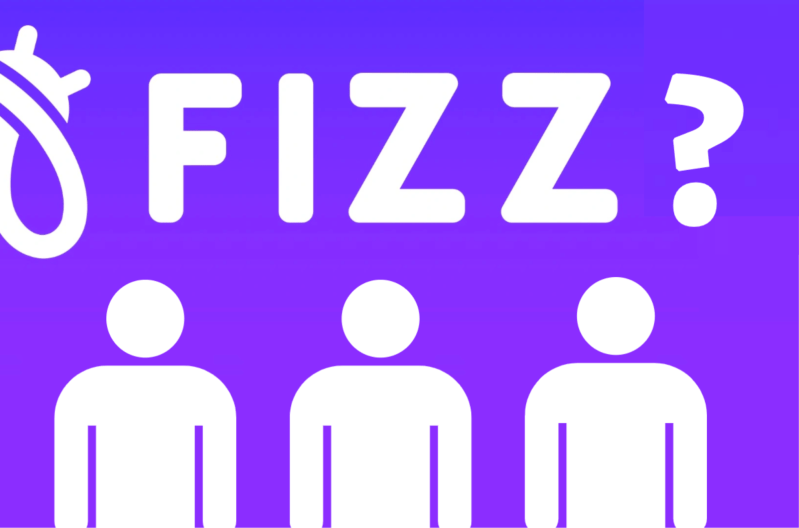On Sunday, students on Fizz, an anonymous social media app developed at Stanford, noticed that the search terms “Israel,” “Palestine” and “protest” led to no results, sparking rumors about whether Fizz moderators were censoring posts related to the Israel-Gaza war.
Fizz cofounder Ashton Cofer told The Daily that Fizz does not have any banned keywords, aside from common slurs linked to hate speech, and that the terms “Israel” and “Palestine” have not been banned on the site.
“Our engineers investigated and found that a bug in our moderation system was causing some posts to not be indexed into our searching service,” Cofer said. “This means that some posts weren’t showing in search even though they were still showing in the New / Fizzin’ / Top feeds.”
Mandla Msipa ’26, a Fizz moderator, acknowledged that earlier in the day, users were having difficulty searching words related to the Israel-Hamas conflict, but that the specific Fizz posts talking about the problem were removed, either by the original posters or by other moderators.
Fizz moderators are randomly chosen from a pool of active users who have a history of good behavior on the platform, according to the company’s website. They are then trained to remove content which objectively violates Fizz’s Community Guidelines.
According to Msipa, when a user reports a post, the post is hidden and randomly assigned to a moderator, who then has twenty seconds to make a moderation decision. If the moderator is unable to make a decision within that time, the post will be sent to two other moderators, who similarly have twenty seconds to make a moderation decision. For a post to be taken down or returned into the feed, two moderators must make the same moderation decision.
Since the onset of the Israel-Hamas conflict, many students have accused Fizz moderators of censorship for removing multiple series of posts related to the conflict. Msipa explained that throughout the conflict, Fizz moderators have been unsure of how to approach misinformation and spam moderation because of the political nature of most reported posts. Msipa shared that in training, moderators are taught rules on how to handle posts with content about college, such as misinformation about professors or classes, rather than political situations, because of Fizz’s intentions to be a platform about college. Furthermore, moderators don’t have a forum to communicate with one another, adding to the confusion about moderating political posts.
“As a moderator community, we’re really struggling right now to be consistent about what content people are allowed to post,” Msipa said.
